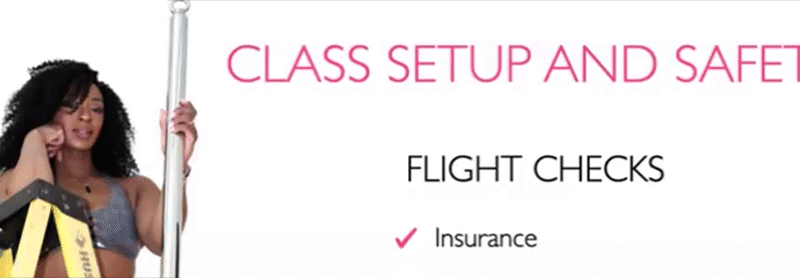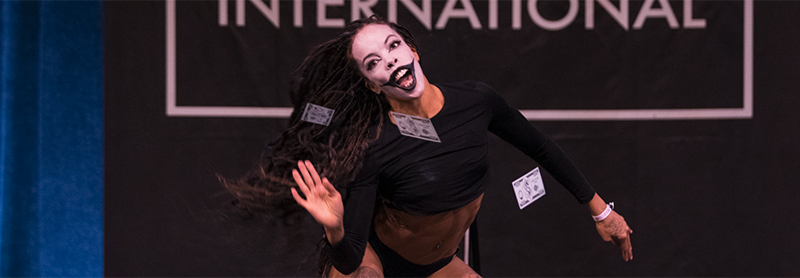So, you’ve been poling for a while, and you want to get some amazing photos…

Saving strategies for pole business owners
Saving is often not the first thing new business owners think of when starting their pole-based business, especially if your new business is a side hustle. Even before your business starts to grow, it’s important to start thinking about preparing for the future.
Here are some things to think about whether you are just starting out or are well-established in your pole-based business.
Are you paying yourself?
Paying yourself is important for a business owner! As we’ve talked about before, it can have positive emotional and financial benefits to the business owner.
Add to that concept and think not just about paying yourself a salary for the work you’re doing now but also investing in your future self with savings.
You can set up your savings automatically, such as setting an automatic debit from your checking account to go into a separate savings or investment account.
If you’re paid in cash, consider setting up a separate area where you store savings from your regular budget.
Make savings a regular part of your budget rather than something you do when you have “extra” money. If you aren’t paid in regular amounts, consider allocating a percentage of your income like 10-20% for savings each month.
How much savings should you have?
Our partner Ameriprise recommends at a minimum, creating a cash reserve with your savings: “When a financial emergency arises, a cash reserve can help you pay for it and stay on track with your financial goals. Strive to keep three to six months of living expenses in a safe, liquid cash account. A savings account, money market deposit account or short-term certificate of deposit are good options to consider.
Because your cash reserve is the first line of protection against a financial setback, consider reviewing it annually to make sure that it fits your current needs. If you used some of your cash reserve recently or your circumstances have changed—higher expenses with a new child or a new job, for example—it’s worthwhile to replenish it.”
Are you thinking about retirement?
The concept of retirement is a long way away and some may argue that millennials, gen y, and later generations won’t be able to retire at all.
Because investments compound over time, you can save more money for retirement (or another big expense) if you start with a small amount sooner than if you start later with large amounts.
If you have a day job, maximize whatever retirement options that your employer(s) gives you which may include matching amounts from them.
If you don’t have a day job, you can still save for retirement. In the US, there several options for self-employed people including a Simplified Employee Pension (SEP) where you can contribute as much of 25% of your earnings and a solo or individual 401 (k) plan. Read more about these on the IRS website.
These options may also have tax advantages that help decrease your tax bill.
Savings may not be the first thing on your mind as a new or even existing pole business owner, but it should be. Prepare for the future by creating a regular savings habit and then explore options to maximize your savings while preparing for retirement or a big, life expense.



